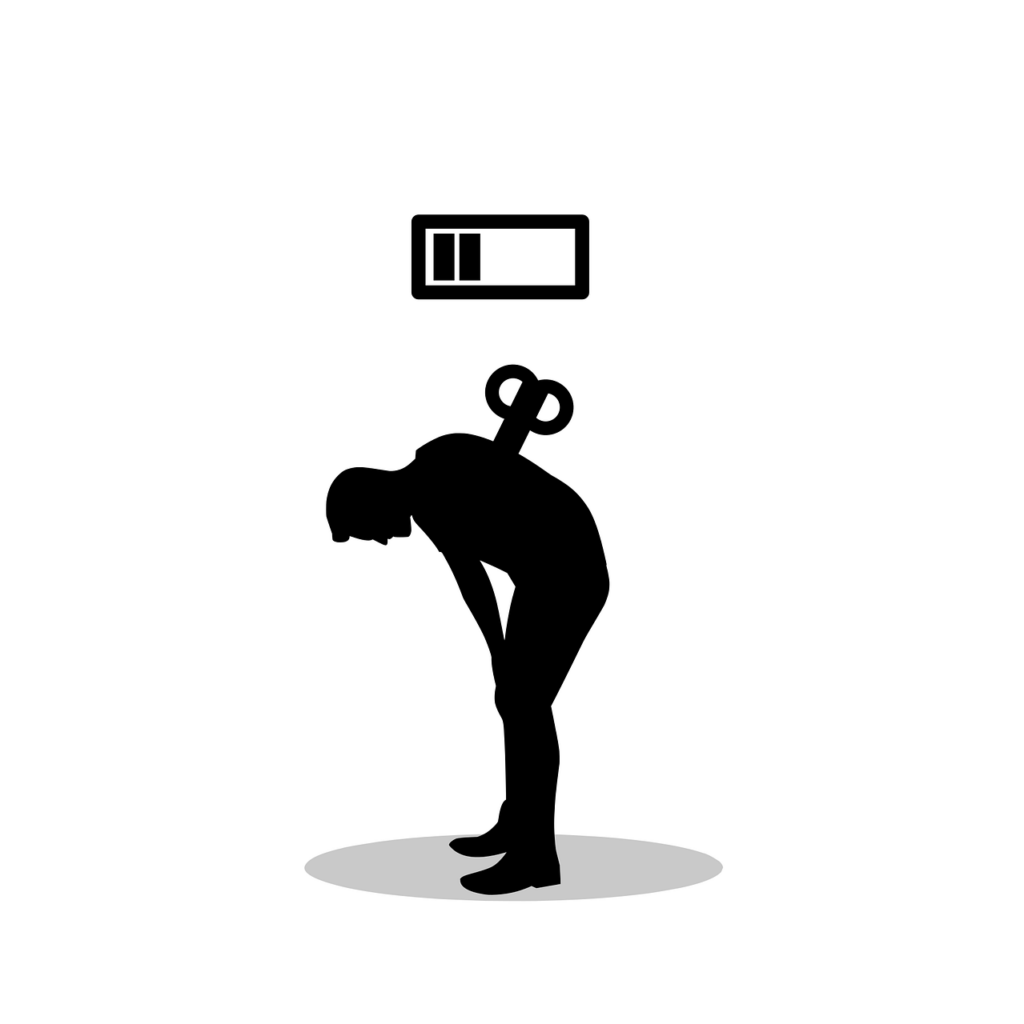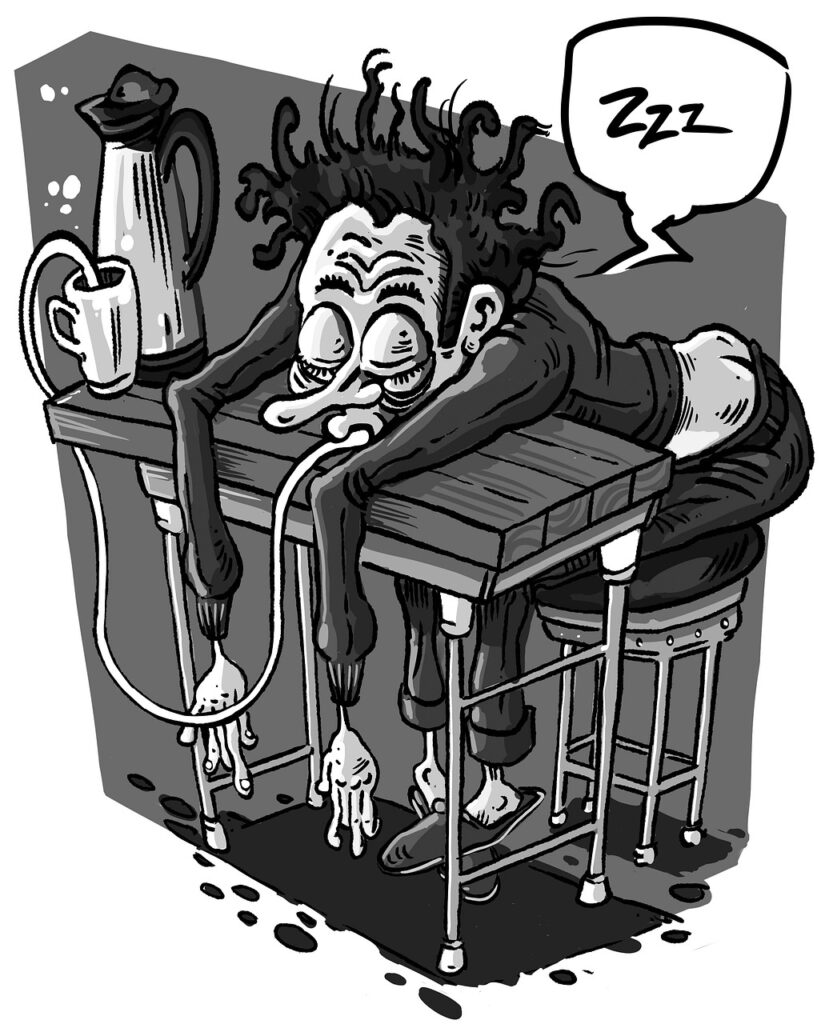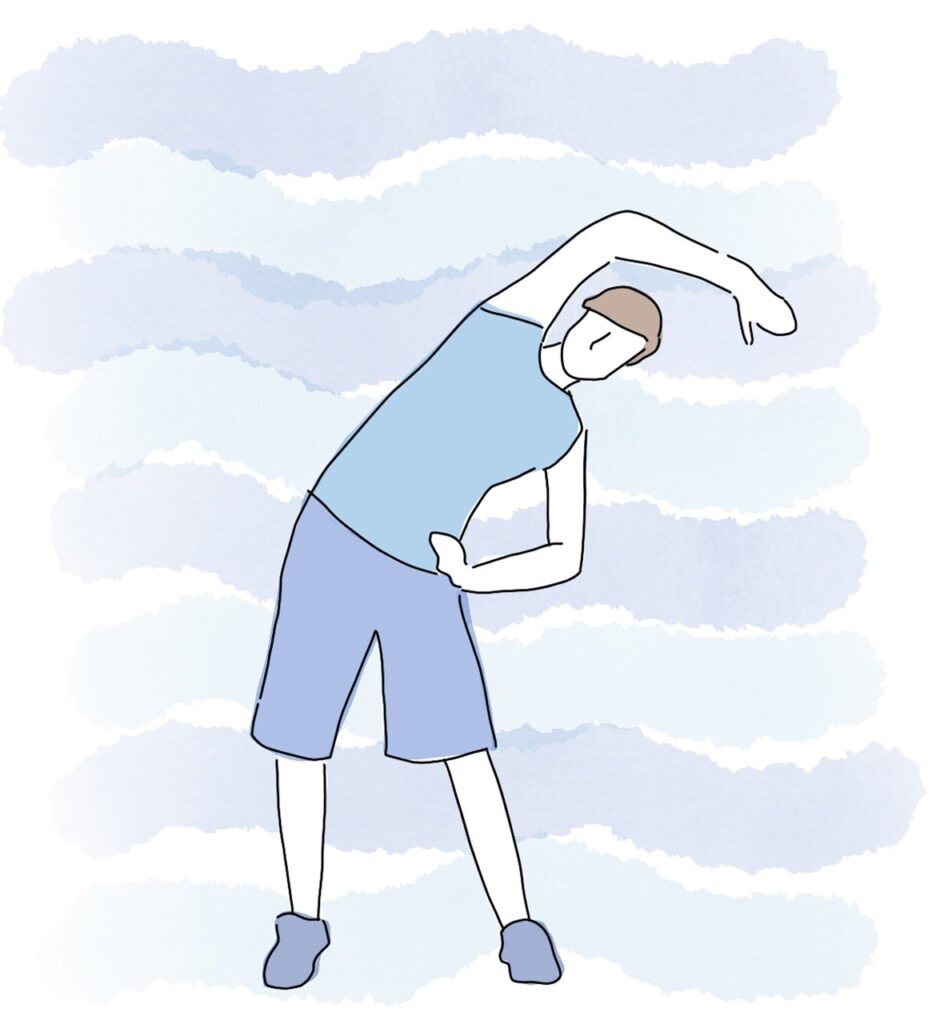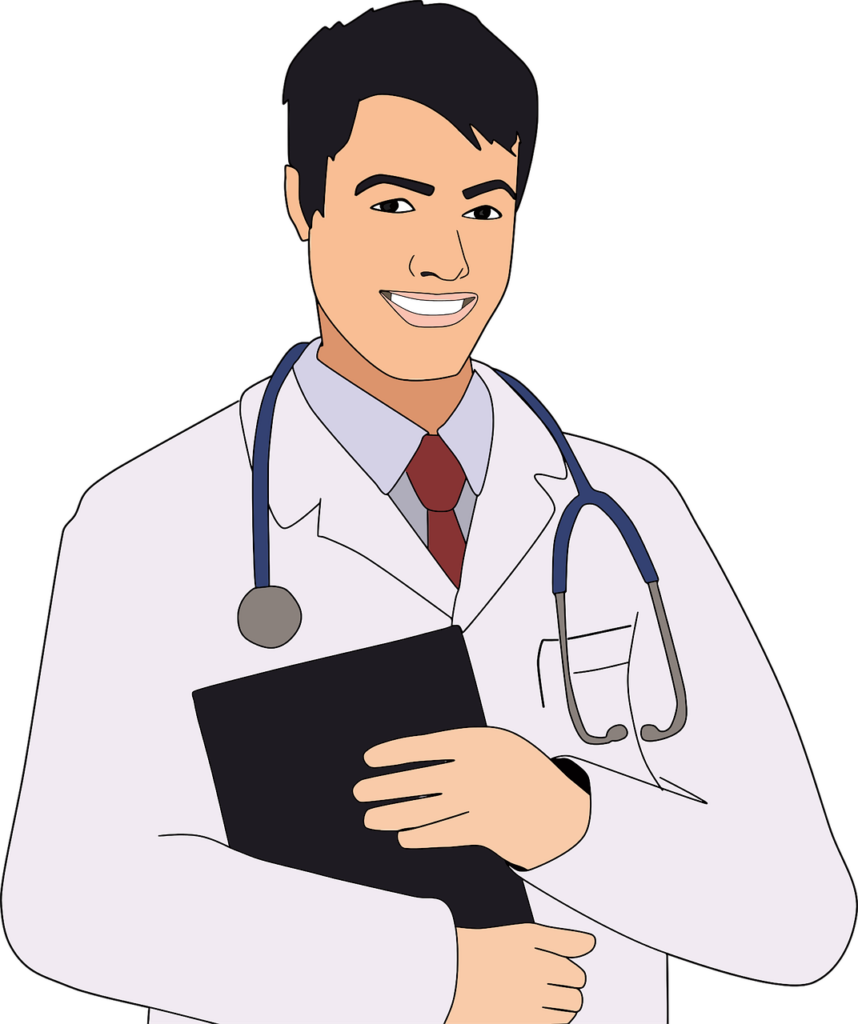Introduction Fatigue
Fatigue in Older Adults. Fatigue is a feeling of weariness, tiredness, or lack of energy. It can be a normal response to physical activity, emotional stress, boredom, or lack of sleep. But it can also signal a more serious mental or physical condition.
Everyone feels tired now and then. However, if you feel tired continuously for multiple weeks, you may want to see your doctor. Here, he can help discover what’s causing your fatigue and identify ways to relieve it.
What causes fatigue in Older Adults?
Fatigue in Older Adults. Fatigue in Older Adults. Sometimes, fatigue can be the first sign that something is wrong in your body. For example, people with rheumatoid arthritis, a painful condition that affects the joints, often complain of fatigue. Also, people with cancer may feel fatigued from the disease, treatments, or both.
Many medical problems and treatments can add to fatigue. These include:
- Having medical treatments, like chemotherapy and radiation, or recovering from major surgery
- Infections
- Chronic diseases like diabetes, heart disease, kidney disease, liver disease, thyroid disease, and chronic obstructive pulmonary disease
- Untreated pain and diseases like fibromyalgia
- Anaemia
- Sleep apnea and other sleep disorders
- Recent stroke
- Parkinson’s disease
- Taking certain medications, such as antidepressants, antihistamines, and medicines for nausea and pain
Talk with your doctor about any concerns you may have about fatigue and your health condition. Consequently, treating an underlying or known health problem may help reduce fatigue.
Parkinson’s disease and fatigue
Fatigue in Older Adults. Fatigue can be a non-movement symptom of Parkinson’s disease. And it is common early on in Parkinson’s, but a person can experience fatigue at any point during the disease. In addition, if you or someone you know with Parkinson’s is experiencing fatigue, it’s important to talk with your doctor.
Emotional exhaustion: Can emotions cause fatigue?
Fatigue in Older Adults. Do you worry about your health and who will take care of you? Have you recently lost a loved one? Or have you lost your mobility and independence? Emotional stresses like these can take a toll on your energy. Fatigue can be linked to many conditions, including:
- Anxiety
- Depression
- Grief from the loss of family or friends
- Stress from financial or personal problems
- Feeling that you no longer have control over your life
Not getting enough sleep can also contribute to fatigue. Regular physical activity can improve your sleep, and help reduce feelings of depression and stress. And boost your mood and overall well-being. Here, yoga, meditation, deep breathing, and stretching may help reduce stress and anxiety and help you get more rest. Also, therapy or certain medications may also help relieve anxiety and depression that may be contributing to fatigue. For example, talk with your doctor if your mental health seems to be affecting your sleep or making you tired.
What is chronic fatigue syndrome?
Fatigue in Older Adults. Chronic fatigue syndrome (CFS). Also known as myalgic encephalomyelitis (ME) or ME/CFS, is a condition in which fatigue lasts six months or longer. But is not related to other diseases or conditions. Hence, people with CFS experience symptoms that make it hard to do daily tasks like dressing or bathing. Along with severe fatigue that doesn’t get better with rest. Here, CFS symptoms can include problems with sleep, memory and concentration, pain, dizziness, sore throat, and tender lymph nodes.
Lifestyle habits and fatigue in Older Adults
Some lifestyle habits can make you feel tired, such as:
- Staying up too late. A good night’s sleep is important to feeling refreshed and energetic. Try going to bed and waking up at the same time every day.
- Having too much caffeine. Drinking caffeinated soda, tea, or coffee, or even eating chocolate, can keep you from getting a good night’s sleep. Limit the amount of caffeine you have during the day and avoid it in the evening.
- Drinking too much alcohol. Alcohol is a central nervous system depressant that changes the way you think and act. It may also interact negatively with certain medicines.
- Getting too little or too much exercise. Regular exercise can help boost your energy levels. Overdoing it without proper rest can cause stress and lead to fatigue.
- Boredom. If you were busy during your working years, you may feel lost about how to spend your time when you retire. Engaging in social and productive activities that you enjoy, such as volunteering in your community, can help maintain your well-being.
Tips to feel less tired

Making changes to your lifestyle may help you feel less tired, for example:
- Exercise regularly. Almost anyone, at any age, can do some type of physical activity. If you have concerns about starting an exercise program, ask your doctor if there are any activities you should avoid. Moderate exercise may improve your appetite, energy, and outlook. Some people find that exercises combining balance and breathing (for example, tai chi or yoga) improve their energy.
- Try to avoid long naps (over 30 minutes) late in the day. Long naps can leave you feeling groggy and may make it harder to fall asleep at night. Read A Good Night’s Sleep for tips on getting better rest at night.
- Stop smoking. Smoking is linked to many diseases and disorders, such as cancer, heart disease, and breathing problems, all of which are associated with fatigue.
- Ask for help if you feel swamped. Some people have so much to do that just thinking about their schedules can make them feel tired. Working with others may help a job go faster and be more fun.
- Participate in activities you enjoy. Socializing with friends and family or volunteering in your community can help you feel more engaged and productive throughout the day.
- Eat well and avoid alcohol. Eating nutritious foods can give you energy throughout the day. Staying away from alcoholic drinks can help you avoid negative interactions with medications.
- Keep a fatigue diary. This can help you find patterns throughout the day when you feel more or less tired. It can also help you plan out activities that may give you more energy.
When should I see a doctor for fatigue?
Fatigue in Older Adults. If you’ve been tired or experiencing low energy for several weeks with no relief, call your healthcare provider. They will ask questions about your sleep. Including, daily activities, appetite, and exercise, and likely provide a physical examination and order lab tests.
Your treatment will be based on your history and the results of your exam and lab tests. You may be prescribed medications to target underlying health problems, such as anaemia or abnormal thyroid function. Healthcare providers also may suggest therapy or certain medications to help. And reduce depression, anxiety, or other emotional contributors that are associated with fatigue. They may also advise that you eat a well-balanced diet and begin an exercise program.
In Conclusion
Fatigue is serious especially if it continues over time. When this happens you need to seek medical advice. Often, underlying problems can be the cause and you may not be aware of them. So then, you will need expert advice to identify the reason for your fatigue. However, do not ignore fatigue you must address the problem and get relief.
Important Note *
Remember that everyone is different, it is ultimately YOUR RESPONSIBILITY to find what your body responds to. So please do your due diligence before trying anything new, including getting Medical Advice to ensure your safety and peace of mind.
Connect with me and leave a comment or two on my social media.






